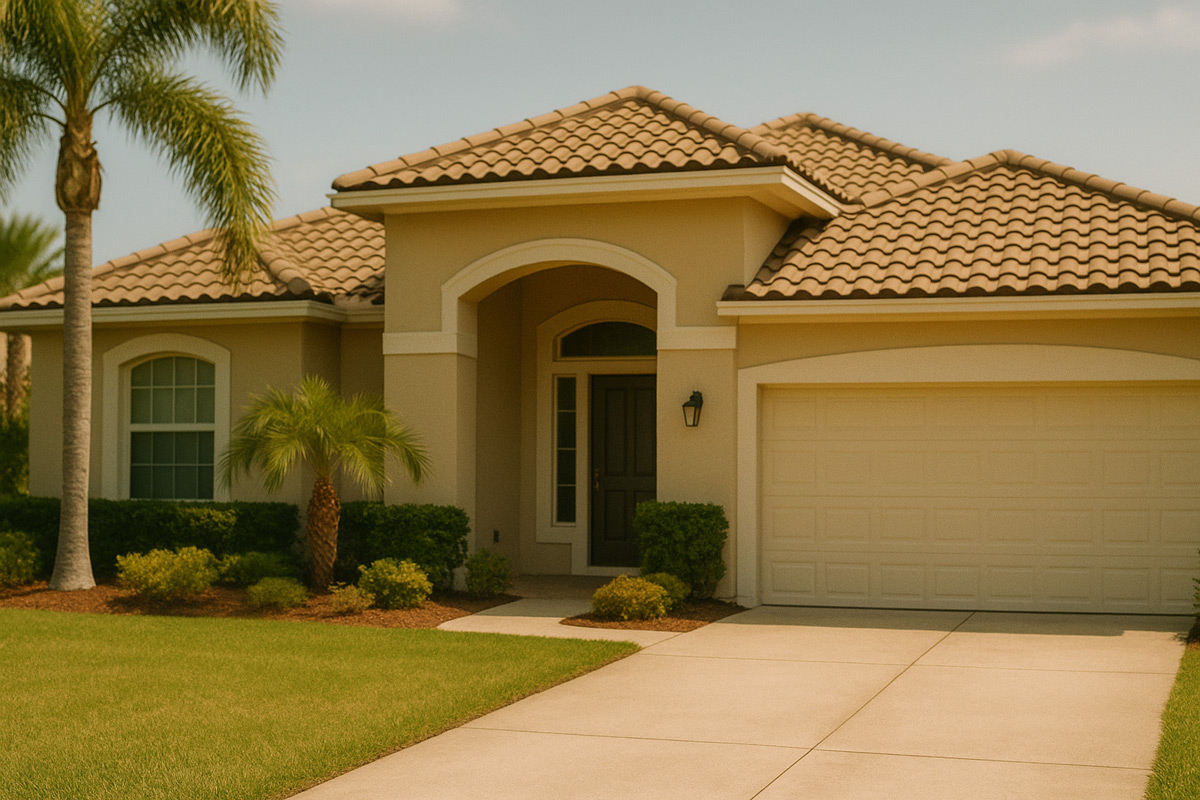
Owning a home in Florida—whether in the bustling suburbs of Orlando or the sun-kissed coasts of Naples—seems like the ultimate dream. But that dream can come with some unwelcome surprises. Beyond the mortgage payment, many Florida homeowners are blindsided by costs that aren't always advertised upfront.
This guide uncovers the most common hidden expenses tied to homeownership across the Sunshine State—and how savvy homeowners can plan ahead to minimize them.
1. Property Insurance: Florida's Costliest Surprise
Florida's property insurance market has been under stress due to hurricane risk and litigation costs. As a result, homeowners are often shocked by premiums that can exceed $6,000 annually in coastal areas like Miami-Dade or Collier County.
"We advise our clients to request a full insurance quote before making an offer, especially near the coast," says John Smith, an insurance broker from Orlando.
To reduce premiums:
- Consider a wind mitigation inspection to qualify for discounts.
- Bundle home and auto policies to unlock multi-line savings.
- Raise deductibles strategically to reduce annual premiums—but make sure you have savings to cover them.
2. HOA Fees and Special Assessments
From Tampa Bay condos to gated communities in Palm Beach, HOA (Homeowners Association) fees can range from $50 to over $1,000 per month. However, the real burden often comes in the form of special assessments.
For example, a condo in Jacksonville might charge an additional $5,000 per unit for roofing upgrades after a hurricane. These assessments aren't always predictable—but they're legally enforceable.
How to Avoid Nasty Surprises:
- Ask for the HOA's financials and reserve study before buying.
- Review recent meeting minutes for planned assessments.
- Budget 10–15% extra annually to cover potential special assessments.
3. Property Taxes and CDD Fees
Florida's property taxes are relatively modest compared to states like New Jersey or Illinois, but homeowners are often caught off guard by Community Development District (CDD) fees in new developments like those in Hillsborough or Lee County.
These fees—tacked onto your annual tax bill—can range from $1,000 to $3,000 and may last for 20-30 years.
What You Can Do:
- Check your full tax estimate, including non-ad valorem assessments.
- Ask if the neighborhood is part of a CDD or Municipal Services Benefit Unit (MSBU).
- Apply for Florida's Homestead Exemption to reduce your taxable value by up to $50,000.
4. Flood Insurance: Often Mandatory, Rarely Disclosed
In cities like Fort Lauderdale and St. Petersburg, flood risk is growing due to rising sea levels. Even outside of FEMA-designated flood zones, lenders may require flood insurance, adding $400–$2,000 annually.
"Flood maps are being updated constantly. Just because a property wasn't in a flood zone five years ago doesn't mean it's exempt today," explains Jane Doe, a Miami-based real estate analyst.
Pro Tip: Use tools like FEMA's Flood Map Service Center to understand your risk and consult with a licensed agent before finalizing your purchase.
5. Maintenance Costs in Florida's Climate
The Sunshine State's subtropical climate can be tough on homes. High humidity, storms, and salt air accelerate wear and tear—especially in places like the Florida Keys or Cape Coral.
Budget at least 1% of your home's value annually for repairs. For a $400,000 home, that's $4,000 per year. Common Florida-specific costs include:
- HVAC servicing due to heat and moisture
- Pest control (especially termites)
- Storm prep and cleanup
- Roof and exterior maintenance due to salt corrosion
6. Utility Costs and Municipal Services
Utility costs can vary widely by city. For example, water and sewer rates in Sarasota are higher than in Pensacola. Some areas also charge solid waste fees, stormwater fees, or infrastructure charges.
Check the local municipality's fee schedules before moving in. Florida Power & Light and Duke Energy offer energy usage calculators to help you forecast monthly bills.
Planning for these costs can save you thousands.
For more homeowner insights and Florida-specific housing advice, subscribe to our weekly newsletter.